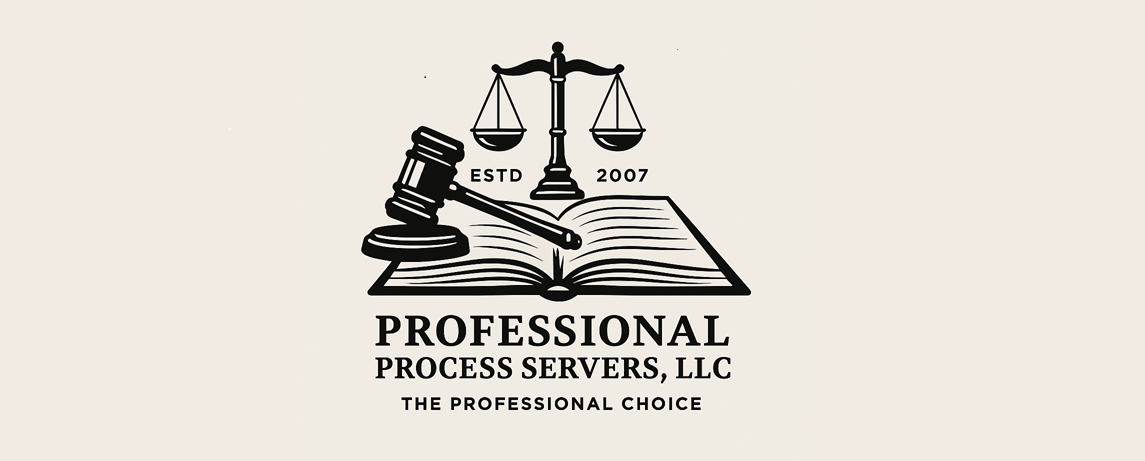
Colorado Rules of Civil Procedure (C.R.C.P.)
**Rule 4** of the **Colorado Rules of Civil Procedure (C.R.C.P.)**
**C.R.C.P. Rule 4. Service of Process**
**(a) Summons—Form and Content.**
The summons shall be issued by the court, and shall contain the title of the court and the names of the parties, and shall direct the defendant to appear and answer the complaint or other document served on the defendant. The summons shall state the time within which the defendant must appear and answer, and the address of the court where the complaint is filed. The summons may also contain a notice stating that failure to appear may result in a judgment by default.
**(b) Personal Service—Who May Serve.**
The summons and complaint shall be served upon each defendant. Service shall be made by the sheriff of the county, or by a person specially appointed by the court, or by any other person who is not a party to the action and who is at least 18 years of age.
**(c) Method of Service.**
Service of the summons and complaint shall be made by personal service, or by any other method authorized by law. The summons may be served in person by handing a copy of the summons and complaint to the defendant personally. If the defendant is not within the jurisdiction of the court, the summons may be served in accordance with any method permitted by law, including service by mail or service by publication.
**(d) Service Upon Corporations, Partnerships, and Other Entities.**
When the defendant is a corporation, partnership, or other legal entity, service shall be made by delivering a copy of the summons and complaint to the officer, managing agent, or general agent of the entity, or to any other agent authorized by appointment or law to receive service of process on behalf of the entity.
**(e) Service by Mail.**
If service by mail is authorized by the court or otherwise permitted by law, service may be made by sending a copy of the summons and complaint by certified mail, return receipt requested, to the defendant at the defendant’s last known address.
**(f) Service by Publication.**
If the defendant cannot be found within the state of Colorado, and the plaintiff can show that the defendant has not been served after reasonable effort, the court may order service by publication. Service by publication shall be made in a newspaper of general circulation in the county where the action is filed, and the notice shall be published for at least once a week for four consecutive weeks.
**(g) Proof of Service.**
The person who serves the summons and complaint shall file with the court a written return of service, signed by the person who made the service, stating the manner and time of service, the name of the person served, and the address where the service was made.
**(h) Service Outside the State.**
If a defendant is outside the state of Colorado, service may be made by any method authorized by the laws of Colorado, or in the manner prescribed by the laws of the state or country where the defendant is located. This may include service by certified mail or by using a formal process under international treaties, such as the Hague Convention on the Service Abroad of Judicial and Extrajudicial Documents.
**(i) Waiver of Service.**
A defendant may waive service of process by executing a written waiver. The waiver must be filed with the court and shall state that the defendant voluntarily waives the right to be served in the normal manner. In such cases, the defendant shall be allowed a longer period to respond to the complaint.
**(j) Time for Service.**
Service of the summons and complaint shall be made within 63 days after the filing of the complaint, unless the court allows a longer period for good cause shown. If service is not made within the time prescribed, the action may be dismissed without prejudice, unless the plaintiff can demonstrate good cause for the failure to serve the defendant.
---
This text outlines how the summons and complaint must be served in Colorado civil actions, the various methods of service, and the conditions under which service may be made. If you need the latest official version, it is recommended to consult the current Colorado Rules of Civil Procedure directly from a legal database or the Colorado Judicial Branch website.
C.R.C.P. Rule 45. Subpoena: Service and Enforcement
(a) Issuance.
(1) Every subpoena shall:
State the name of the court and the title of the action;
Command the person to whom it is directed to attend and testify at a trial, hearing, or deposition, or to produce documents, electronically stored information, or tangible things at a trial, hearing, or deposition;
Be signed by the attorney of record for the party requesting it or by the clerk of the court, and the signature of the attorney or clerk is sufficient for issuance.
(2) Subpoenas commanding the production of documents or tangible things or inspection of premises under subdivision (a)(1)(B) shall be subject to the provisions of C.R.C.P. 34, concerning requests for production.
(b) Service.
(1) A subpoena may be served by any person who is not a party and is not less than 18 years of age. The subpoena must be served by delivering a copy of the subpoena to the person named, or, if the subpoena commands production of documents or things, by delivering a copy to the person to whom the subpoena is directed and to any person designated to receive the materials in the subpoena.
(2) Service of a subpoena may also be made by mail. If served by mail, the subpoena must be sent by certified mail, return receipt requested, or by commercial carrier with similar delivery confirmation. The person serving the subpoena must file proof of service, and the service must be made at least 10 days before the time specified in the subpoena for compliance.
(3) If the subpoena commands the production of documents, electronically stored information, or tangible things, and if the recipient resides or is employed more than 100 miles from the place of compliance, the subpoena may command the person to produce such documents, information, or things at the place specified in the subpoena or at a mutually agreed location.
(c) Protection of Persons Subject to Subpoenas.
(1) A person commanded to produce documents or tangible things or to permit inspection may, before the time specified for compliance, serve upon the party or attorney designated in the subpoena written objection to inspection or copying of any or all of the designated materials. If objection is made, the party serving the subpoena shall not be entitled to inspect and copy the materials except pursuant to an order of the court.
(2) If a subpoena requires a person to attend a deposition or hearing and the person objects, the party seeking to compel attendance may, within 14 days of service of the objection, move the court to enforce the subpoena.
(3) The party or attorney who issues the subpoena shall take reasonable steps to avoid imposing undue burden or expense on the person subject to the subpoena. The court may, upon a motion, quash or modify the subpoena if it finds that compliance would be unreasonable or oppressive.
(d) Contempt.
Failure by any person without adequate excuse to comply with a subpoena served upon that person may be deemed a contempt of the court from which the subpoena issued. The court may enforce the subpoena by contempt proceedings or by such other order as it deems necessary.
(e) Subpoena for Non-Party to Produce Documents and Permit Inspection.
(1) If a subpoena is issued to a non-party to produce documents or tangible things, the non-party must produce the documents or things in the manner set forth in C.R.C.P. 34.
(2) If a non-party is subpoenaed to produce documents or things, the non-party may file a motion to quash the subpoena within 14 days after service, or if the subpoena is served by mail, within 14 days of receiving the subpoena. The motion must state the reasons for quashing or modifying the subpoena.
(f) Failure to Obey a Subpoena.
(1) If a subpoenaed person fails to comply with a subpoena without adequate excuse, the party issuing the subpoena may file a motion to compel compliance with the court. If the court finds the failure to comply was without good cause, it may order sanctions, including but not limited to attorney fees, costs, and other relief deemed appropriate by the court.
(2) If the failure to comply is due to a failure to pay reasonable fees for the witness or for the production of documents or materials, the party requesting the subpoena may move for enforcement after paying the fees due.

